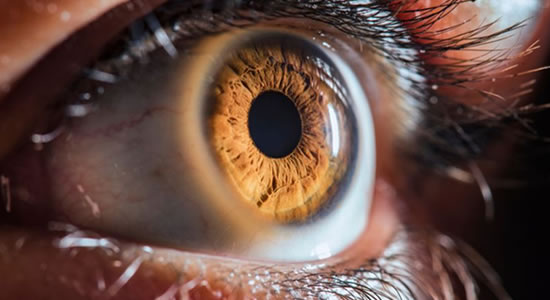Tobacco Use Still A Major Cause Of Death, Disease – WHO
Fewer people are smoking worldwide, especially women, but only one country in eight is on track to meet a target of reducing tobacco use significantly by 2025, the World Health Organization (WHO) said on Thursday.
Three million people die prematurely each year due to tobacco use that causes cardiovascular diseases such as heart attacks and stroke, the world’s leading killers, it said, marking World No Tobacco Day. They include 890,000 deaths through second-hand smoke exposure.
The WHO clinched a landmark treaty in 2005, now ratified by 180 countries, that calls for a ban on tobacco advertising and sponsorship, and taxes to discourage use.














